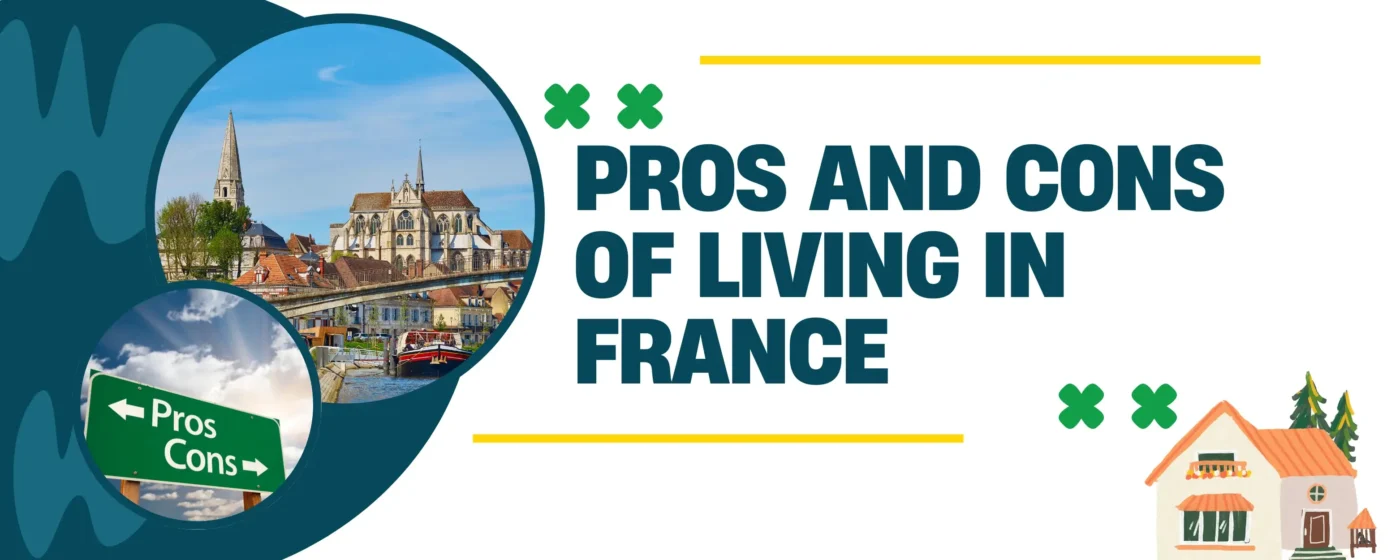From its humble beginnings in the Roman Empire to its status as a global language spoken by millions, the history of French is a captivating tale of evolution, adaptation, and cultural influence. This journey through time reveals the fascinating transformations that have shaped the elegant and expressive language we know today. Understanding this rich history not only deepens our appreciation for French but also enhances the learning experience.
Key Takeaways
- French evolved from Vulgar Latin spoken across Gaul, blending with local Celtic languages as Roman influence spread.
- Written French dates back to around the 9th century, with texts like the Strasbourg Oaths marking its early literary roots.
- Over time, French developed through Old French, Middle French, and Modern French stages — each shaping grammar, vocabulary, and pronunciation.
- French spread globally via trade, colonisation and diplomacy, and today includes many regional dialects like Breton, Occitan and Alsatian.
Who Created the French Language?
It’s a common misconception to think that a single person “created” a language. French, like other Romance languages, didn’t emerge from the mind of an individual but rather evolved organically from Vulgar Latin, the everyday spoken language of the Roman Empire.
As Roman soldiers, traders, and settlers spread across Gaul (modern-day France), their Latin mixed with the Celtic languages already spoken in the region. Over centuries, this linguistic fusion gradually transformed, giving rise to what we now recognise as Old French.
Therefore, the “creators” of the French language were the countless individuals across generations whose daily speech slowly but surely diverged from Latin, adapting and innovating along the way.
When Was the French Written Language Created?
While the spoken forms of what would become French were evolving for centuries, the emergence of a distinct written French language took considerably longer. Early written texts in the Gallo-Romance dialects, the precursors to French, began to appear around the 9th century AD.
One of the earliest and most significant examples is the Oaths of Strasbourg (842 AD), a political and military alliance recorded in both Old French and Old High German.However, it wasn’t until the 11th and 12th centuries that a more consistent written form of Old French began to solidify, largely through literary works such as the epic poems known as chansons de geste.
How Has French Changed Over Time?
The journey from Vulgar Latin to modern French is marked by significant linguistic shifts across several key periods:
1. Gallo-Romance
This period represents the initial divergence of the Latin spoken in Gaul from other Romance languages. Influenced by the indigenous Gaulish languages, Latin underwent phonetic and grammatical changes, laying the groundwork for the distinct characteristics of early French.
2. Old French (roughly 9th-13th centuries)
Old French saw the development of a distinct grammatical structure and vocabulary. Notable features included a more complex case system for nouns and pronouns (which gradually simplified) and the emergence of early literary traditions. Texts like the Song of Roland provide valuable insights into the language of this era.
3. Middle French (roughly 14th-16th centuries)
This period witnessed significant changes in pronunciation and grammar, including the loss of some vowel sounds and the further simplification of the case system. The influence of Parisian French began to grow, and the Renaissance brought an influx of Latin and Greek words into the vocabulary.
4. Modern French (17th century – present)
The 17th century is often considered the classical period of French, marked by efforts to standardise the language. The establishment of the Académie Française in 1635 aimed to codify grammar and vocabulary.
While the core structure of the language has remained relatively stable since then, modern French continues to evolve with new vocabulary and changing social norms.
How Has the French Language Spread Around the World?
The spread of French beyond the borders of France is a result of various historical factors, including colonialism, trade, diplomacy, and cultural influence. Beginning in the 16th century, French explorers and colonisers established settlements in North America (Quebec, Louisiana), the Caribbean, Africa, and Asia. This led to the establishment of French as an official or widely spoken language in numerous countries across these continents.
Furthermore, French gained significant prestige as the language of diplomacy, aristocracy, and intellectual thought in Europe from the 17th to the 19th centuries.This cultural influence contributed to its adoption as a second language by elites and intellectuals worldwide.
Even today, French remains an important international language, serving as an official language of many international organisations like the United Nations and the European Union. At La Foret French Class, we understand the global significance of French, which is why our courses prepare you not only for communication in France but also in diverse Francophone communities around the world.
What Are Some of the Main French Dialects?
While standard French is the official and most widely spoken form, numerous regional dialects and variations exist across France and the Francophone world. In France itself, historical linguistic regions have given rise to dialects such as Norman, Picard, Breton (a Celtic language with French influence), Occitan (in the south), and Alsatian (influenced by German).
Norman
Hailing from northern Normandy, Norman uniquely blends Romance with Viking influences in its vocabulary and pronunciation. Some sounds differ from standard French. It also spread to the Channel Islands (Jèrriais, Guernésiais).
Picard
Spoken in northern Hauts-de-France, Picard features distinctive sounds, like the “rhotacism” of certain consonants. Its unique vocabulary and grammar set it apart as one of the langues d’oïl that predated standard French.
Breton
Unique in Brittany, Breton is a Celtic language akin to Welsh and Cornish. Though distinct from French, it has borrowed vocabulary and structures over time due to contact. Its presence highlights France’s multilingual heritage.
Occitan
Spoken across southern France, Occitan is a group of related Romance dialects (Languedocien, Provençal, Gascon, Limousin). It boasts a rich medieval literary history and distinct phonetic and grammatical features. Efforts to preserve it continue.
Alsatian
Found in eastern Alsace, bordering Germany, Alsatian is a Germanic dialect related to Swiss German. Its grammar and vocabulary are Germanic, with some French loanwords due to historical contact. The region’s history significantly shaped its language.
Beyond France, significant French dialects and creoles have developed in former French colonies. Quebec French, for example, has its own distinct pronunciation, vocabulary, and grammatical features. Similarly, French-based creoles have emerged in the Caribbean (e.g., Haitian Creole, Martinican Creole) and parts of Africa, often blending French with local languages.
Why Are French Regional Dialects Endangered?
Many of the traditional regional dialects of French are facing endangerment due to a combination of socio-economic and cultural factors. The rise of standard French as the language of education, media, and national identity has led to a decline in the intergenerational transmission of regional dialects.
As people migrate for work and education, they often adopt standard French, and younger generations have less exposure to and use of local dialects.
Furthermore, the historical perception of regional dialects as less prestigious than standard French has contributed to their decline. While there is a growing movement to preserve and promote these linguistic heritages, the dominance of standard French in public life continues to pose a significant challenge.
Understanding this linguistic landscape adds another layer to your appreciation of the French language and its cultural context, something we encourage our students at La Foret French Class to explore.
Did You Know?
- French is known for its long and complex words, often borrowed from Latin or Greek. Some words can be so long that they span multiple lines on a page! One such example is “Antidisestablishmentarianism” which translates to “opposition to the disestablishment of a state church”.
- A Pet-Peeve for the French: The French have a particular aversion to the sound of the letter “h”. So much so that they often omit it from words, leading to amusing mispronunciations. For example, “hôtel” is pronounced “otel”!
- French has been the language of love, diplomacy, and literature for centuries. However, it also played a crucial role in military strategy. During the Napoleonic Wars, French was the lingua franca among armies, leading to many amusing miscommunications.
Frequently Asked Questions
1. Why is French called French?
Ans: French is called French because it is the language primarily spoken in France. It’s as simple as that!
2. What are the top 3 languages spoken in France?
Ans: The top 3 languages spoken in France are French (the official language), Arabic (spoken by a significant immigrant population), and English (widely studied and used in tourism and business). Voila.
3. What is the old name of France?
Ans: Before it was called France, the region was known as Gaul, named after the Celtic people who inhabited it.





